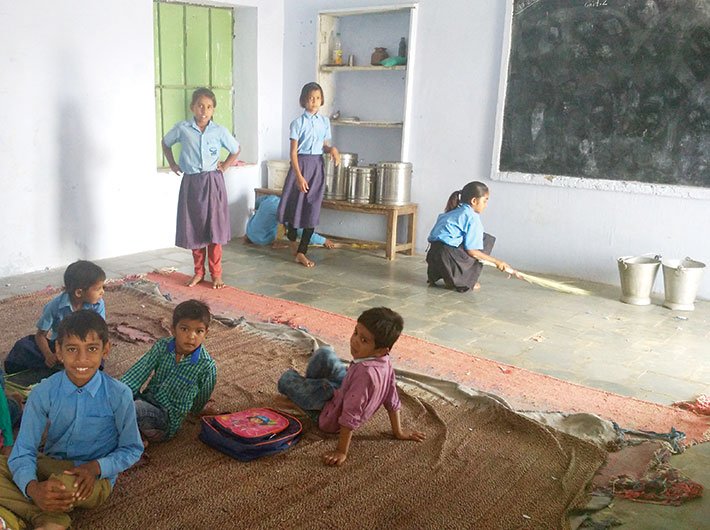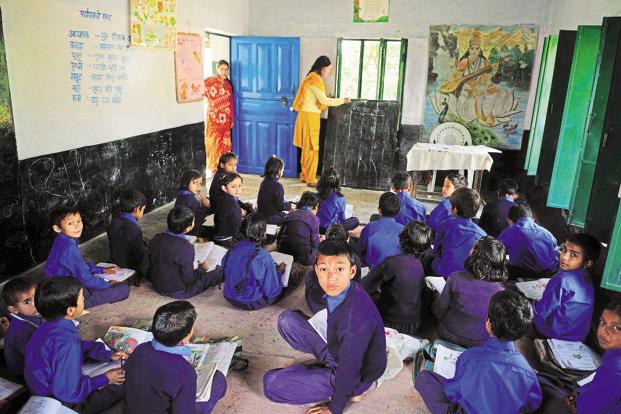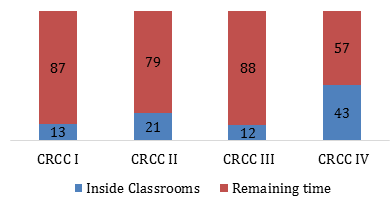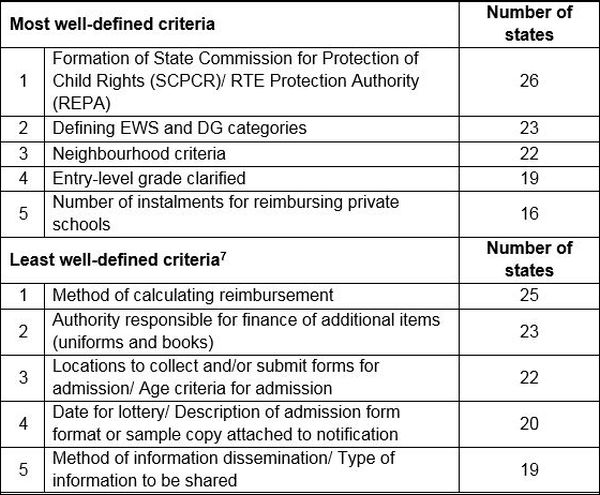Yamini Aiyar in GovernanceNow on the importance of accountability in school education to improve learning.
Tag: Right to Education
Efforts to improve learning must go back to basics
An important ask of budget 2017 is a reformed Sarva Shiksha Abhiyan with a commitment to achievable learning goals and the speedy transfer of money.
Part 2: Education reform and frontline administrators: A case study from Bihar
The frontline administration in India is infamous for corruption and patronage, indifference towards citizens, low effort and high absenteeism. This blog reports findings from a year-long qualitative study on frontline education administrators in Bihar.
Part 1 captured perspectives of frontline administrators on their role in the education hierarchy and how organisational design and culture shapes everyday behaviour. This part offers insights into how the frontline responds to reform efforts, and how this impacts institutionalisation and scaling up of reforms.
Part 1: Education reform and frontline administrators: A case study from Bihar
The frontline administration in India is infamous for corruption and patronage, indifference towards citizens, low effort and high absenteeism. This blog reports findings from a year-long qualitative study on frontline education administrators in Bihar. It captures perspectives of frontline administrators on their role in the education hierarchy and how organisational design and culture shape everyday behaviour.
On RTE,do the math
Now that the Supreme Court has upheld the constitutional validity of reservation of 25 per cent of admissions at the entry-level in private unaided schools for disadvantaged sections, focus should shift to the implementation of this provision. The Right to Education Act stipulates that private unaided schools shall be reimbursed expenditure so incurred by it to the extent of per child expenditure incurred by the state, or the actual amount charged from the child, whichever is less. So if the state spends Rs 1,500 per child and a private unaided school charges Rs 2,000,the school would be reimbursed Rs 1,500 per child admitted under the reservation policy. However, to implement this clause effectively, we need to know precisely how much both state and private schools spend on a per child basis. Unsurprisingly,given the paucity of data,this information is difficult to find and hence has become a hotly contested issue.
The Post Office Paradox: A Case Study of the Block Level Education Bureaucracy
Elementary education administrators at the block level primarily perceive themselves, or report themselves to be, disempowered cogs in a hierarchical administrative culture that renders them powerless. They refer to their own roles and offices as “post offices,” used simply for doing the bidding of higher authorities and ferrying messages between the top and bottom of the education chain.
Using the case of education delivery, this paper attempts to probe an administrator’s perspective in resolving the implementation problem at the last mile and is based on detailed primary fieldwork in Bihar and Andhra Pradesh along with some quantitative surveys conducted in Rajasthan, Maharashtra and Himachal Pradesh. It endeavours to trace the “cognitive maps” of administrators by capturing how last mile public servants see themselves and their jobs, and how notions of job performance are internalised and interpreted within the administrative context of elementary education in India.
Reservation under RTE: Status of implementation and way forward
This column analyses the current status of implementation of Section 12(1)(c) of the Right to Education Act, and suggests ways to overcome hindrances in effective implementation and make the education system more inclusive.
The wrong way to fix government schools
Solution is not to force people with power to participate in government schools, but, to grant power to the people who already do
Study picks holes in midday meal scheme
A study by Accountability Initiative – PAISA district survey of MDM – in Bihar and Uttar Pradesh has found significant problems with the way MDM is managed in two states.
Less than 30 per cent pvt school seats reserved under RTE
Less than 30 per cent of the seats earmarked for disadvantaged students in private schools under the RTE norm has been filled up.





